The recent emergency summit in Doha brought together nearly sixty Arab and Islamic nations in an impressive display of solidarity following the Israeli strike on Qatar. The message was loud and clear: Qatar is not alone. Leaders condemned the attack as an unacceptable violation of sovereignty and international law, and many expressed support for tougher measures, legal and diplomatic, against Israel.
On the face of it, unity is powerful. Qatar’s role as mediator in the Gaza conflict, its bold stand in defense of diplomacy, and the way it has framed its arguments—against what its Emir described as Israeli attempts to “thwart negotiations”—have resonated with many across the Arab-Islamic world.
But beneath the rhetoric, serious questions linger about whether this summit represents a turning point. THE much-touted emergency summit in Doha of leaders of Arab-Islamic countries ended with a whimper. The joint statement is strong on rhetoric but weak on concrete action. While fiery speeches captured headlines, there was little agreement on steps that could actually shift the political or military dynamics on the ground.
1. Strong Words; Weak Commitments
The final communique and speeches called for legal action, diplomatic reviews, and even punitive measures, but no consensus emerged on concrete actions such as cutting diplomatic ties or imposing coordinated sanctions. Declarations of support and condemnation matter, but when they are not backed by specific policies or enforcement, they risk being symbolic rather than transformative.
2. Divided Interests Among Member States
The summit exposed deep differences between countries. States with strong economic or diplomatic ties to Israel were cautious, while others pushed for harsher steps. These divides will likely water down any collective response and leave the strongest measures off the table.
3. Diplomacy Under Strain
Qatar, both host and target of Israeli aggression, framed the strike as an attack on the very idea of mediation. Yet the effectiveness of its diplomatic role is now under question: how can mediators operate if they are vulnerable to military strikes? This is precisely why the summit was supposed to matter.
4. The Risk of Status Quo
Unless follow-through is swift and concrete, this summit will be remembered less as a show of unity and more as another missed opportunity. The Arab-Islamic world has a history of issuing strong communiques that fail to alter realities on the ground. The longer that pattern holds, the more Israel and its allies will assume they can act without consequence.
A Moment to Act, Not Just to Speak
Doha 2025 offered a rare display of Arab-Islamic unity. But rhetoric without teeth risks reinforcing a sense of impotence. If member states truly want to change the trajectory of the war in Gaza and the erosion of Qatar’s diplomatic space, they must move beyond words to actions—legal cases in international courts, coordinated economic measures, and concrete mechanisms to safeguard mediators. Otherwise, the summit will go down as yet another gathering where outrage was voiced, but history went unchanged.

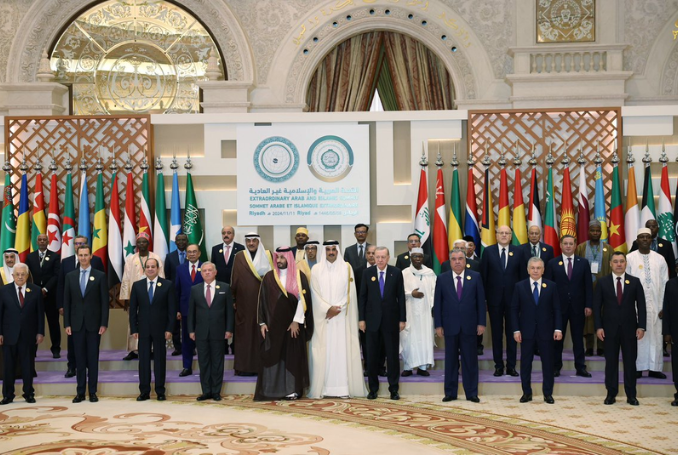

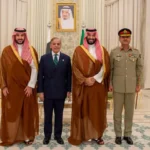




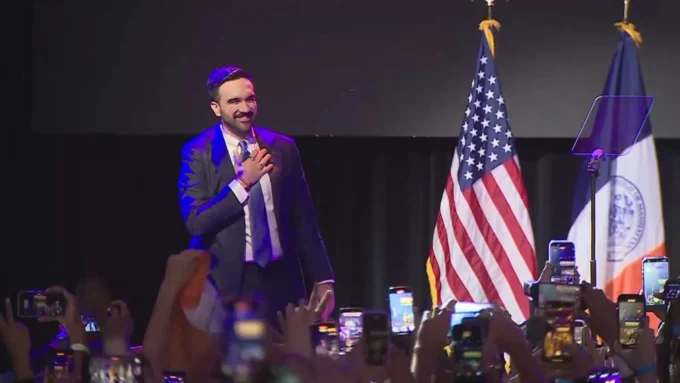
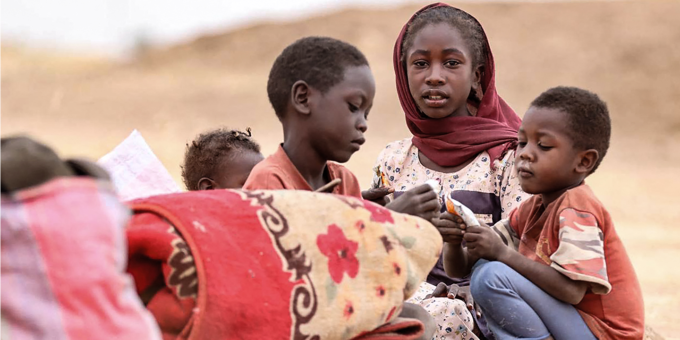
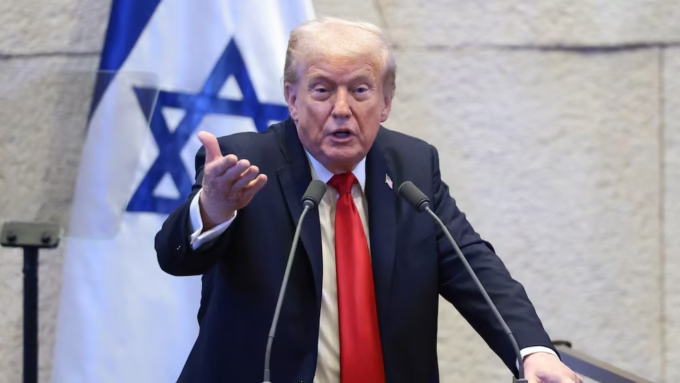




Leave a comment